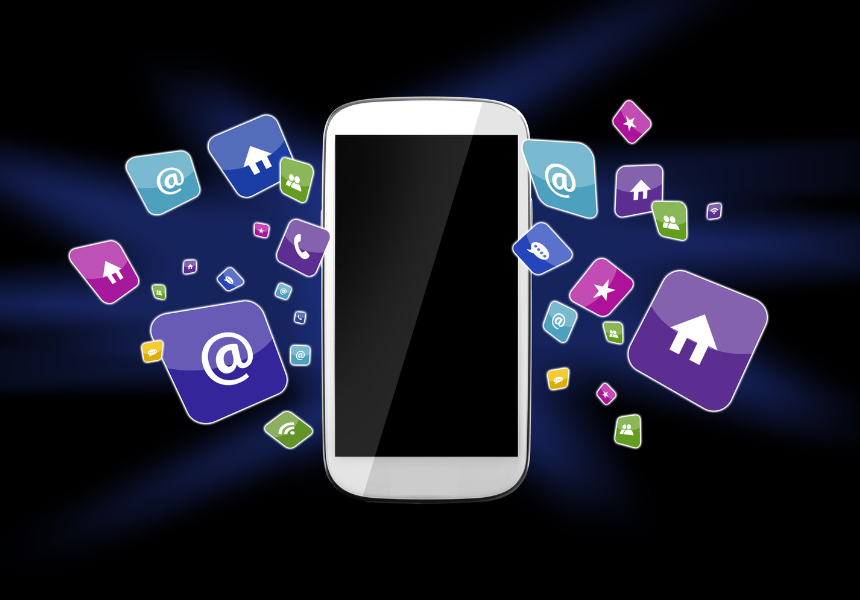Blitz News Digest
Stay updated with the latest trends and insights.
Mobile Apps That Make You Question Reality
Explore mind-bending mobile apps that blur the lines between reality and imagination. Dive in and challenge your perception today!
Top 5 Mobile Apps That Challenge Your Perception of Reality
In today's digital age, mobile apps are not just tools for convenience; they can also transform our experience of reality. Here are the Top 5 Mobile Apps that challenge your perception of reality:
- Augment: This app allows users to explore augmented reality by overlaying virtual objects onto the real world, making mundane experiences feel extraordinary.
- VRChat: A social platform that immerses users in virtual environments, enabling them to interact with others in imaginative ways.
- Pokémon GO: This beloved game combines physical activity with augmented reality, encouraging players to get outside and discover Pokémon in their real-world surroundings.
As we delve deeper into our list, you'll find that these applications redefine how we interact with our environments.
- Snapchat: With its innovative lenses, Snapchat transforms self-expression with interactive filters that change the way we see ourselves and our friends.
- Google Arts & Culture: This app uses AR to bring art and history to life, allowing users to step inside famous paintings and explore cultural landmarks from their own homes.

Are These Mobile Apps Enhancing or Distorting Your Reality?
The rise of mobile apps has significantly transformed how we interact with the world around us. While some applications are designed to enhance reality through augmented reality (AR) features, allowing users to superimpose digital information onto their physical surroundings, others may warp or distort our perception of reality. Are these mobile apps enhancing or distorting your reality? This question is crucial as we navigate through an increasingly digital landscape. Users must discern whether these tools serve as extensions of their cognitive abilities or simply distract from the authenticity of their experiences.
Consider popular apps that employ AR technology, such as Pokemon GO or various interior design simulators. These platforms offer engaging experiences that enhance our environment, making them seem more vibrant and interactive. However, it's essential to remain cautious. Over-reliance on these technologies can lead to a disconnection from the real world, creating a distorted sense of what is genuinely around us. Striking a balance between the digital and the real is vital to ensure that while mobile apps can inspire creativity and discovery, they do not overshadow the depth of genuine human experience.
Exploring the Boundary Between Reality and Virtuality: Must-Have Apps
As technology continues to advance, the line between reality and virtuality is becoming increasingly blurred. In this digital age, numerous apps are designed to enrich our experiences, merging the physical and the digital worlds in fascinating ways. From immersive augmented reality (AR) games that superimpose virtual elements onto our real environment to virtual reality (VR) experiences that transport users to entirely different realms, the boundary is continually evolving. Some must-have apps to explore this frontier include popular titles like Pokémon GO, which encourages users to explore their surroundings while encountering virtual creatures, and VR simulators like Beat Saber, which offers an exhilarating way to engage with music and rhythm.
These innovative applications not only provide entertainment but also promote social interaction and creativity. Users can connect with friends and communities through platforms like Second Life or participate in collaborative experiences via VRChat, where they can create and customize avatars to interact in a virtual space. As we explore the boundary between reality and virtuality, it’s essential to recognize the impact these applications have on our understanding of reality itself. Whether for leisure, education, or professional use, these must-have apps are shaping the future, encouraging us to rethink what constitutes our everyday experiences.